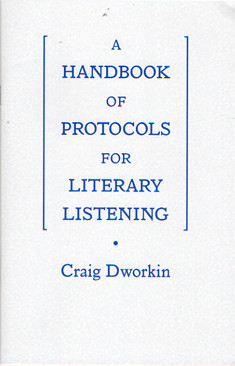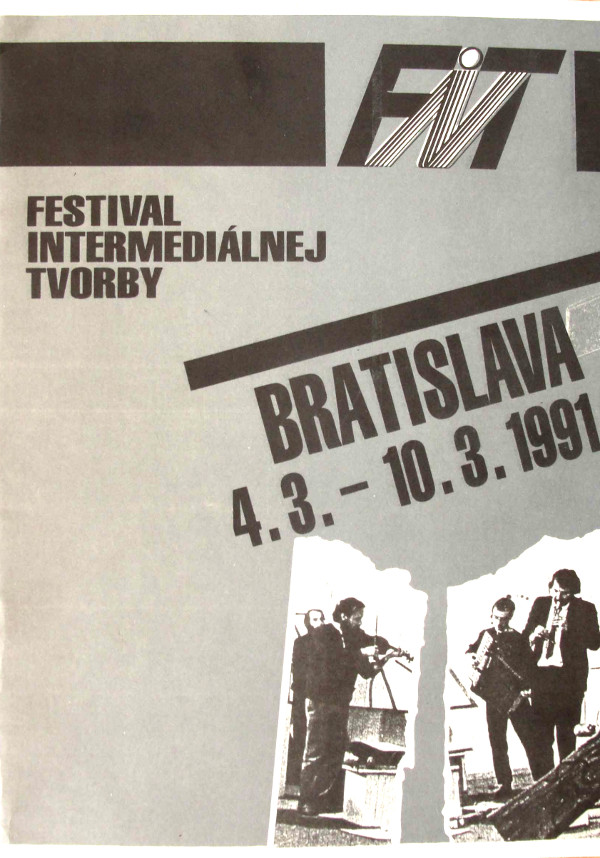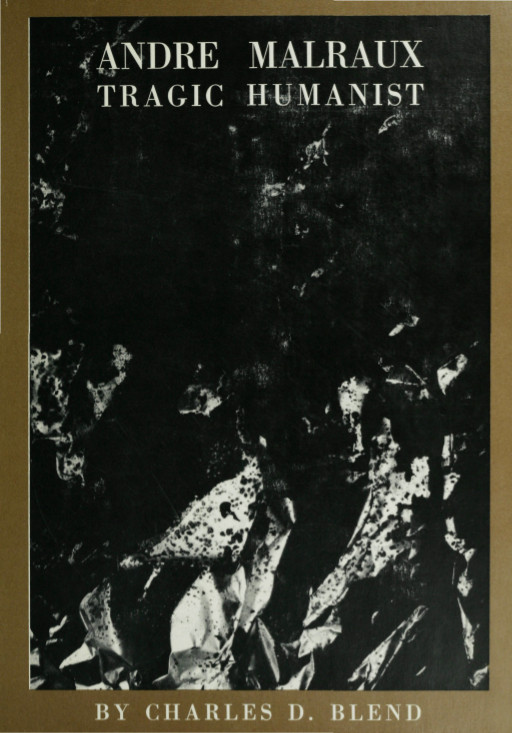Craig Dworkin: A Handbook of Protocols for Literary Listening (2012)
Filed under pamphlet | Tags: · listening, literature, poetry, sound art

A survey of listening in literature, from Affinity to Ventriloquism, from Judith Goldman to Charles Berstein.
Published for Arika’s A survey as a process of listening programme as part of the 2012 Whitney Biennial.
From the preface: “Some of the most innovative listening has been done by poets. The following handbook catalogues a repertoire of techniques for literary listening. It seeks to identify some of the specific tools with which poets have gauged and transformed the sonic effects of their linguistic environment. Suggestive rather than exhaustive, this guide is not an encyclopedia of practices. Indeed, the hope is that it will serve as a reminder of other examples, an inspiration for further writing, a provocation to further listening, and a locus of surprise (a word which derives in turn from the French surprendre: to overhear).”
Publisher Arika
38 pages
FIT: Festival intermediálnej tvorby, catalogue (1991) [Slovak]
Filed under catalogue | Tags: · art, computer animation, film, intermedia, intermedia art, music, performance, performance art, poetry, slovakia, theatre

A catalogue for an intermedia art festival organised by The Society for Non-conventional Music (SNEH) in Bratislava on 4-10 March 1991.
Featured artists: Milan Adamčiak, László Cselényi, Balvan Theatre, Daniel Aschwanden, Dada Soiré, Dama Dama, Stano Filko, Dušan Hanák, Viktor Hulík, Milan Knížák, Werner Kodytek, Ladislav Novák, Štěpán Pala, Nová vážnosť, Michal Kern, Dezider Tóth, Juraj Bartusz, Jozef Juhász, Čenkovej deti, Jozef Juhász, Blaho Uhlár Theatre, Transmusic comp. Tibor Szemző, Vitebsk Broken, Alan Vitouš, A Dato
Editor Milan Adamčiak
via muzika-komunika.blogspot.com
PDF (no OCR)
Comment (0)Charles D. Blend: André Malraux: Tragic Humanist (1963)
Filed under book | Tags: · art, biography, communism, humanism, poetry, politics

“The dominant question arising from the unparalleled inhumanity of the mid-twentieth century, André Malraux has suggested “Is man dead?” Yet, for him, to pose the question is to answer it, for man proves his greatness, not by affirming it, but by questioning. It is by a mise en question of the universe that man rises above it.
This interpretation, long central to Malraux’s thinking, brings with it a number of difficulties. Previous concepts of man have produced an image, an ideal, toward which man could orient himself, and have presupposed a culture that had a role in the scheme of things. With a vision of man based on questioning rather than affirmation, it becomes impossible to preconceive an image of him or to visualize a form for human culture, and traditional humanism passes from the picture.
For Malraux, however, man has something that is greater than a preconceived image of himself: consciousness or awareness. To replace the images of man that have been destroyed or invalidated, Malraux calls for the will to grasp the greatest possible consciousness of what it is to be a man, coupled with the will to absolutely free discovery. Combining these values, Malraux suggests, produces a culture that is a human adventure, an advehture in freedom. Humanism is still possible, but it is a tragic humanism—humanism, because man knows his will and his starting point; tragic, because he can never know where he is going. Man can lead a dignified and fruitful existence given the will to struggle endlessly with the unknown.”
Publisher Ohio State University Press, 1963
255 pages

